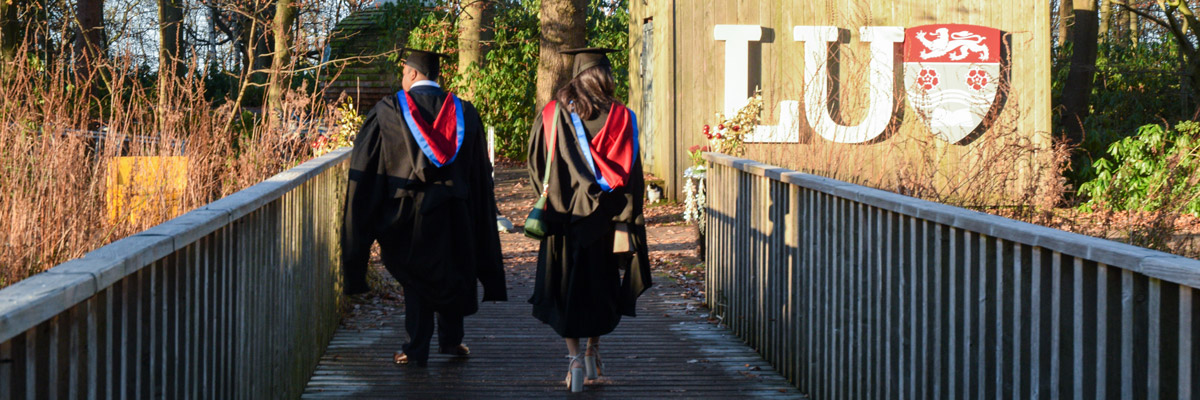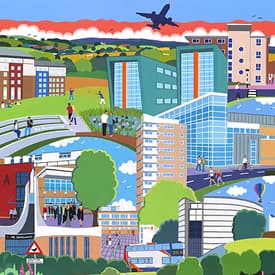LUMS graduates can access more than 1,200 business magazines and journals for free, via EBSCO’s Business Source Alumni Edition. The database contains information in nearly every area of business and full-text sources ranging from general periodicals to trade publications and top management journals such as The Accounting Review, Fortune, Bloomberg Businessweek, Organization Science and the Academy of Management Journal.
Additional resources include country economic reports, industry reports, market research reports, company profiles and more.
Email alumni@lancaster.ac.ukfor access details.

Lancaster graduates can join the library as alumni members, for a discounted annual fee. Membership includes access to printed materials and walk-in access to some electronic resources.
JSTOR contains back issues of thousands of academic journals in a wide variety of disciplines. Issues are available both as images and as text, making searching possible both within each title and across the database. Back issues generally extend back to volume 1 and forward to within the last 3 to 5 years depending on the title.
Access to JSTOR is available via the Lancaster University Alumni website.

SAGE is the world's 5th largest journals publisher. The SAGE portfolio includes more than 900 journals spanning the Humanities, Social Sciences, Science, Technology, and Medicine, and more than 400 are published on behalf of learned societies and institutions.
Access to SAGE journals is available via the Lancaster University Alumni website.

As a Lancaster graduate, you can access ongoing support to help you progress and develop your career. Careers resources available include graduate job listings, digital services, and careers adviser contact. Find out more on theLUMS Careers service alumni page.
A reduction in tuition fees for Lancaster University Master's programmes is available for Lancaster University alumni, including partner students, regardless of nationality or graduation year.
Find out more about this and other scholarships and bursaries.
Lancaster University guest rooms are ideal for short-term bed and breakfast stays. Reduced rates are available for alumni wishing to stay at the Lancaster House Hotel.
Enjoy a discounted rate on Sports Centre membership for two years after graduating.
The Henry Stewart Talks Business and Management Collection contains over 1,000 specially prepared, online lectures and case studies by experts from commerce, industry and academia. There are over 850 contributing editors, speakers and case study presenters and more than 30,000 informative slides.
This resource is available via the Lancaster University Alumni Library Pages (login required).
To order degree certificates, transcripts, High Education Achievement Records (HEAR) and Confirmation of Award letters, please visit our Alumni document ordering pages.












